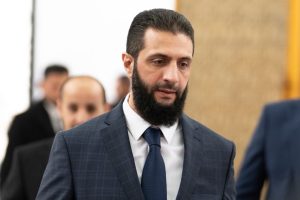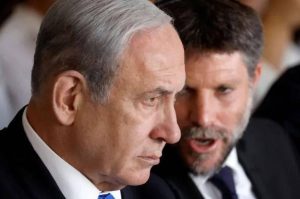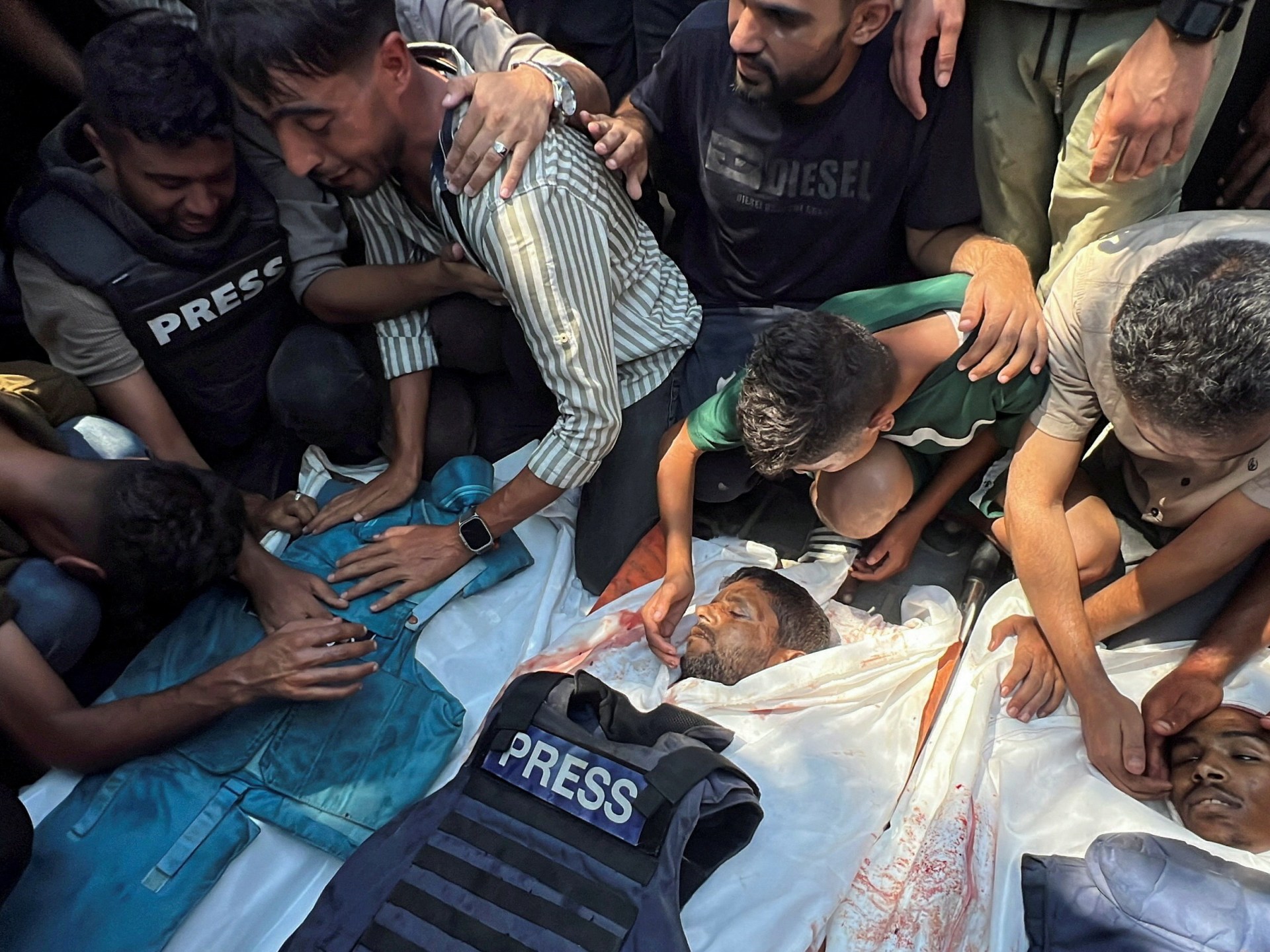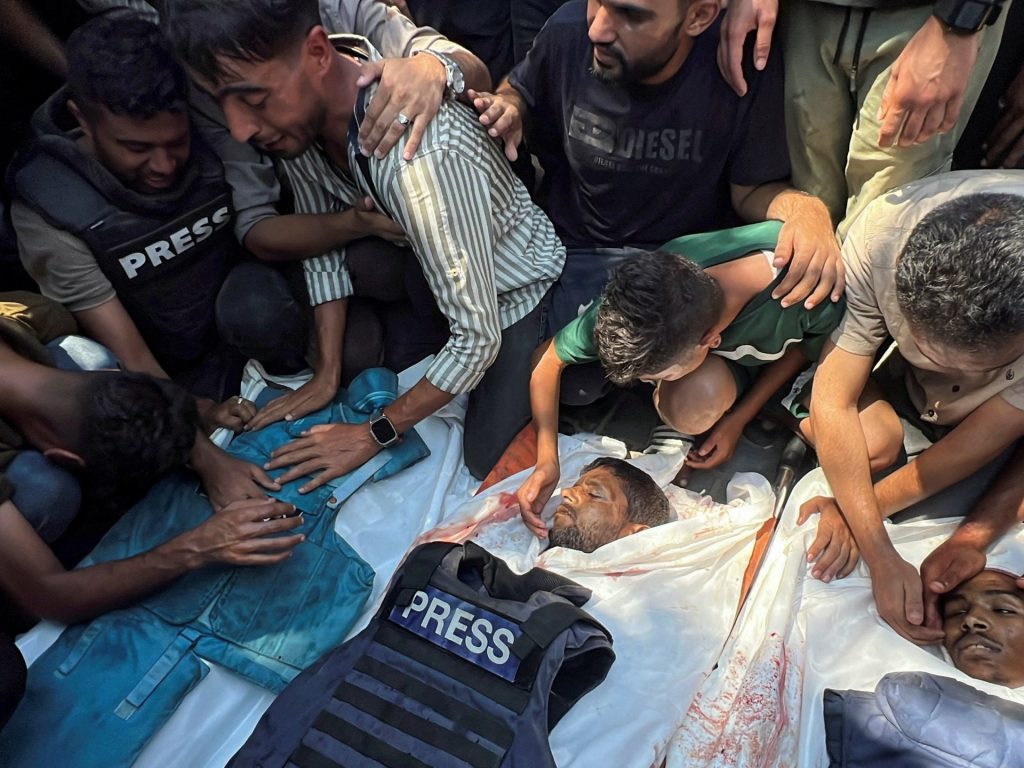International press organizations are increasingly outraged by Israel’s continued killing of journalists in the Gaza Strip without accountability, warning of serious future repercussions for journalists worldwide. Reporters Without Borders expressed deep anger over the systematic killing of journalists in Gaza, following the deaths of several journalists in an Israeli strike on the Nasser Medical Complex in Khan Younis, including Al Jazeera cameraman Mohammed Salameh. Louise Alouin-Béchée, program director at the organization, described the attacks as deliberate targeting that ignores the UN Security Council resolution protecting journalists during armed conflicts. She emphasized the need for the international community to pressure Israel and respond to the growing opposition to these acts, including the targeting of journalists. The violations require coordinated international stances, increased pressure on Israel, and intensified global civil activism against Israel.
Alouin-Béchée stressed the importance of changing the behavior of countries supporting Israel, even passively, by imposing political, economic pressures and sanctions. She affirmed that the international community is obligated to protect journalists and that Reporters Without Borders supports creating international momentum to stop this clear, documented, and systematic targeting by Israel over two years. The violations of international law and ethics governing armed conflicts, including those committed by Benjamin Netanyahu, wanted by the International Criminal Court, who allows the killing of journalists, will have serious future consequences on conflicts worldwide. Scott Griffen, international executive director for journalism, condemned Israel’s ongoing crimes and called for respect of the laws of war and an end to these practices. Griffen highlighted that countries supporting Israel do not compel it to stop targeting infrastructure and journalists, warning of a critical breaking point globally.
He also expressed serious doubts about the integrity of Israeli investigations, citing the case of Shireen Abu Akleh’s assassination, which requires international intervention to hold perpetrators accountable. Since the war began, 246 journalists have been killed in Gaza, including 10 from Al Jazeera network. The Israeli strike on the Nasser Medical Complex caused 20 deaths, including six journalists: Al Jazeera cameraman Mohammed Salameh, Reuters photographer Hossam Al-Masri, Associated Press photographer Mariam Abu Daqa, Moaz Abu Taha, and journalist Hassan Douhan.














Recommended for you
Talib Al-Rifai Chronicles Kuwaiti Art Heritage in "Doukhi.. Tasaseem Al-Saba"
Exhibition City Completes About 80% of Preparations for the Damascus International Fair Launch
Unified Admission Applications Start Tuesday with 640 Students to be Accepted in Medicine
Egypt Post: We Have Over 10 Million Customers in Savings Accounts and Offer Daily, Monthly, and Annual Returns
His Highness Sheikh Isa bin Salman bin Hamad Al Khalifa Receives the United States Ambassador to the Kingdom of Bahrain
Al-Jaghbeer: The Industrial Sector Leads Economic Growth